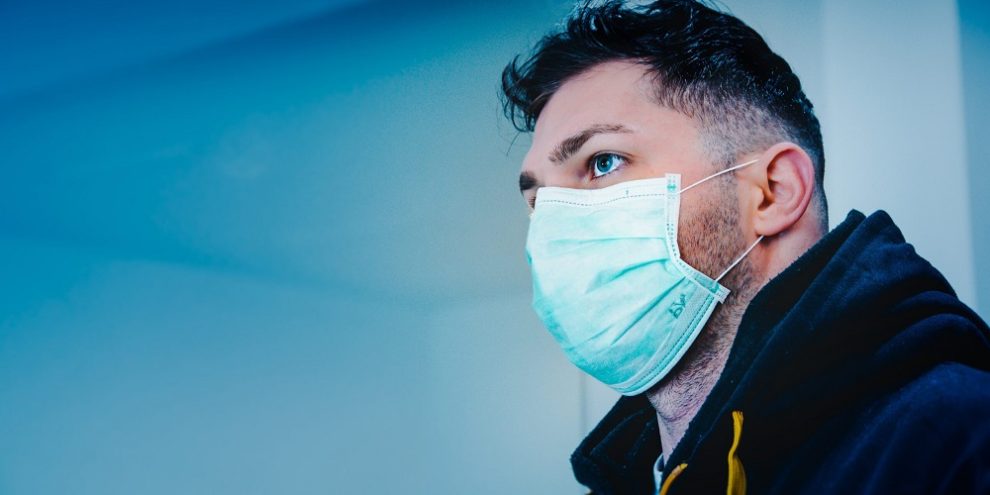
Wastewater signals suggest COVID-19 transmission may have peaked in Ontario, but the province's pandemic advisers say it's unclear where the trend is heading.
The Ontario COVID-19 Science Advisory Table shared its latest modelling on the disease on Thursday, noting that the province is "well into wave six of the pandemic" spurred by the infectious BA.2 Omicron subvariant, waning immunity and the lifting of most public health measures.
The expert group said it's unclear if the apparent crest in cases during the sixth wave will be followed by an increase, a decrease or a continued plateau after the long weekend.
Exact case tallies are unknown after the province limited access to PCR tests in December, but the expert group has drawn estimates from wastewater across the province's 34 public health units.
The new modelling suggests hospitalizations and ICU admissions will continue rising, with timing and height of the peak uncertain. But the group noted that it's unlikely they will reach levels seen earlier this year during the fifth wave.
Estimates for hospital occupancy range from just over 2,500 hospitalized patients to around 4,000, possibly peaking in the middle of May.
As for ICU occupancy, the group presented a range of scenarios from around 375 people in intensive care due to the virus or close to 650 people.
The high end of the ICU projections aligns closest with comments from Dr. Kieran Moore, the province's top doctor, who said this week that the province might see up to 600 people in intensive care during the sixth wave.
There is also "significant uncertainty" around deaths and health system impacts from the current wave, the expert group said, especially as health-care workers fall ill in significant numbers.
COVID-19 infections among health-care workers are as high as they were during the Omicron wave, the group said. That, combined with rising hospitalization numbers, may impact health-care capacity and the province's ability to care for non-COVID patients.
The projections came as Ontario reported 1,392 people in hospital with COVID-19 on Wednesday and 177 in intensive care, compared with 1,332 hospitalizations and 182 people in ICUs the previous day.
There were 4,589 new infections reported, with limited access to PCR tests. The science table's scientific director has said wastewater surveillance suggests the province is seeing between 100,000 and 120,000 new daily cases.
Provincial officials including the premier and Moore have said the province isn't planning to bring back policies like mandatory masks to stem the rising tide of cases, and the government maintained that position Thursday following the modelling's release.
A spokeswoman for Health Minister Christine Elliott said the projections on hospital and ICU occupancy shows that Ontario can manage the current wave of infections without changing its public health response.
"This confirms what Dr. Moore reaffirmed earlier this week – Ontario has the tools and capacity to manage this wave of COVID-19 without imposing additional public health measures or reinstating a mask mandate," Alexandra Hilkene said in a statement.
"Ontarians should stay up to date with their vaccines, including boosters, and speak to a heath-care provider about what treatment options are available."
Premier Doug Ford was also asked about the modelling on Thursday, and said he was hearing "positive information" about the wastewater signal appearing to peak, while still urging the public to take precautions.
"I truly believe everyone should continue to be cautious,," he said.
Ford also said he would have "no problem" extending the remaining mask mandates beyond the end of the month.
Masks are still required in high-risk like long-term care homes, hospitals and public transit, with those rules due to expire on April 27, but Moore has indicated he's considering extending them in light of the latest wave.
Ford said he'd accept that recommendation if Moore makes it, because he wants to protect vulnerable people.
This report by The Canadian Press was first published April 14, 2022.






